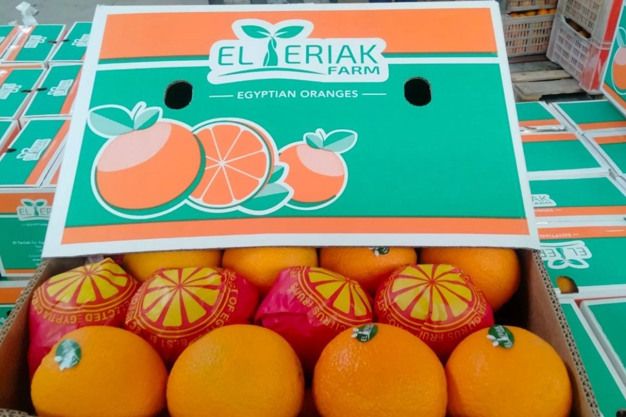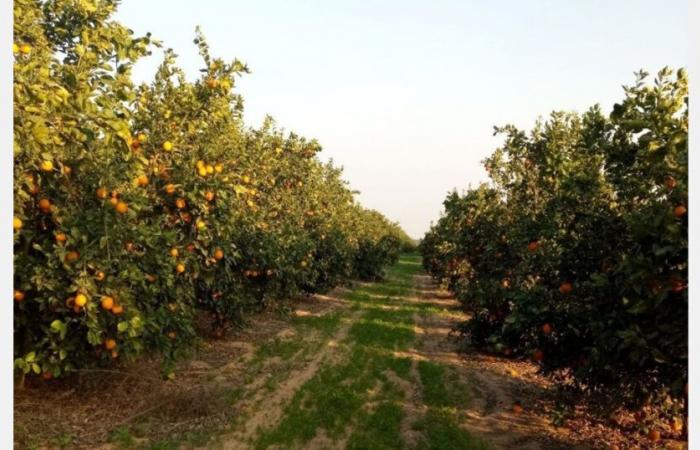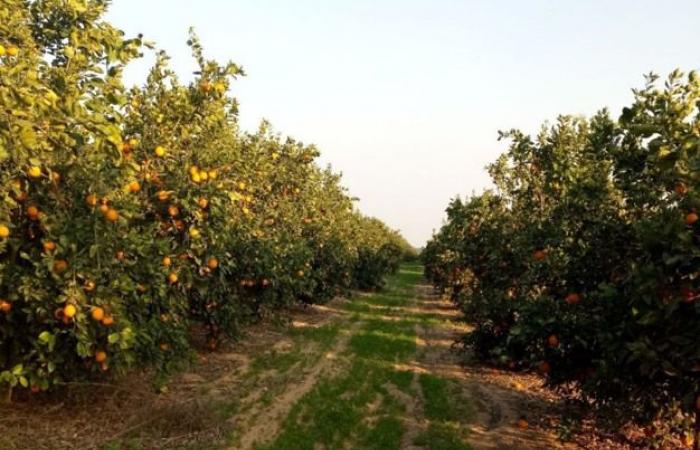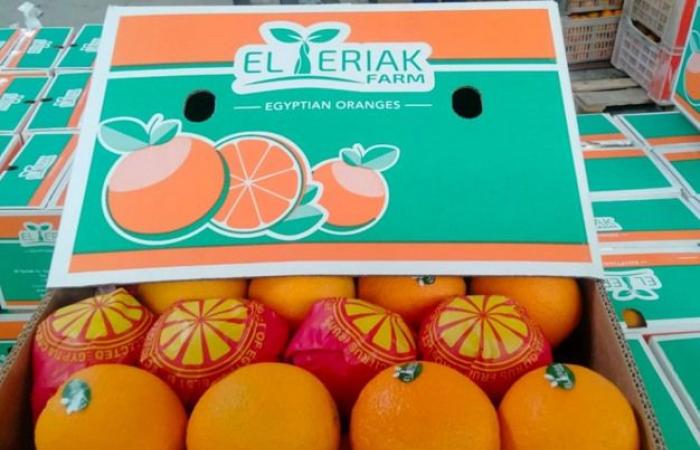The Egyptian government has decided to reduce subsidies intended to support exports, including agricultural exports, since November 1, 2024. In the agricultural sector, subsidies have been reduced from 8-10% to 2.4-3% of amounts invoiced. The hardest hit agricultural exporters are those exporting citrus fruits, given the importance of volumes, which amounted to 2.3 million tonnes last season, worth $1.1 billion.
Despite this, Amgad Nessem, export director of El Teriak Farms, welcomes the measure with relief. “Of course, it will be difficult to adapt to this measure at first, but it is a healthy decision that will bring great stability to the citrus export sector and resolve many problems or harmful side effects caused by these specific subsidies .”
The exporter explains: “The first thing to keep in mind is that, in a context of insufficient hard currency reserves, notably the US dollar, banks have in recent years required Egyptian importers to obtain the dollars necessary for their activity Likewise, regulations require importers to have an export activity in order to contain the erosion of hard currency reserves. Many importers have turned to the export of agricultural products. especially citrus fruits, due to “the large volumes involved and the fact that citrus exports have remained stable even during global crises such as the coronavirus.”
“You can imagine the impact of the intrusion of parasitic actors on the industry,” adds Mr. Amgad. Many of them don’t care about the quality of the oranges, the packaging, or even the price. They can export with no profit margin, relying solely on export subsidies to earn the dollars they need to import. In addition to the 8% subsidy, they avoid paying 5% bank commissions to obtain dollars, which brings their gain to 13%, even with zero profit on the citrus trade. They can even afford to claim up to 10% of their deliveries! The export of fresh produce and oranges was above all a financial activity for them.”
Following the significant reduction in export subsidies, this scheme has now become too risky and unnecessary for these “parasitic actors”, as Amgad describes it. “These intruders into the agricultural export industry will either leave this season or adopt good practices, and that is good news because they were harmful to the industry. Better yet, getting the subsidy is now conditional on giving up 50% of foreign exchange earnings to banks, in exchange for the Egyptian pound. This will bring a lot of stability to the sector by making it less attractive to opportunity traders, not to mention the benefits for the economy. in his together.”
According to Amgad, the immediate effects of reducing export subsidies, in the case of citrus fruits, are a reduction in export volumes, an increase in prices and a reduction in the price Gap between exporters. He explains:
“There will be fewer export volumes, at least at the start of the season, to markets that bought Egyptian oranges at low prices. I am thinking in particular of Saudi Arabia and, by extension, the Gulf markets. We can notice it now: usually, even before the start of the campaign, many ferries to Jeddah were mobilizing in Egyptian ports, waiting to be loaded with Egyptian Navel oranges. This season, we do not have any. seen “It’s an opportunity to promote Egyptian oranges on these markets, in the same way that the competition in Morocco or South Africa promotes its oranges.”
The exporter continues: “The pricing of oranges will be more correct and transparent, and will not be artificially influenced by subsidies. There will be no more bidding wars on prices, nor differences between exporters. Last season, the Price differences for Navel oranges of the same quality were as high as $50 per ton, although waxing and packaging costs are more or less the same throughout Egypt, so the price differences will be. minimal and competition will be on the quality front.
The reduction in subsidies will contribute this season, along with other factors, to the increase in prices of Egyptian oranges. According to Mr. Amgad, the revision of the overall deficit requirements is also an important factor. He says: “Now, if you want to export oranges to Europe, you have to grow your produce, on land that you own, and be audited at harvest time. This reduces the number of competitors on the European market These new measures, combined with lower subsidies and inflation, have increased the price of oranges at production from 8-9 EGP per kilo at the start of last season to 16 EGP at the start of this year. this season.

Finally, reducing subsidies will help improve the quality of orange exports, says Amgad: “Even in markets where Global Gap is not required, such as Eastern Europe, the withdrawal of opportunistic traders will certainly improve quality and restore the reputation of Egyptian origin. I can assure that these same markets will see complaints drop significantly from this season.
Amgad concludes: “Overall, we will have to adapt and we will undoubtedly see export volumes decline, but that is the price we pay for a stronger and more stable sector. The problems I have mentioned do not will not all disappear, but it is the way to follow for the good of the Egyptian economy and in the interest of authentic and serious actors, whether in Egypt or in the recipient countries of fresh Egyptian products.”
For more information:
Amgad Nessem
Elteriak Farms
Such. : +201 207 976 920
[email protected]
www.elteriakfarms.com








